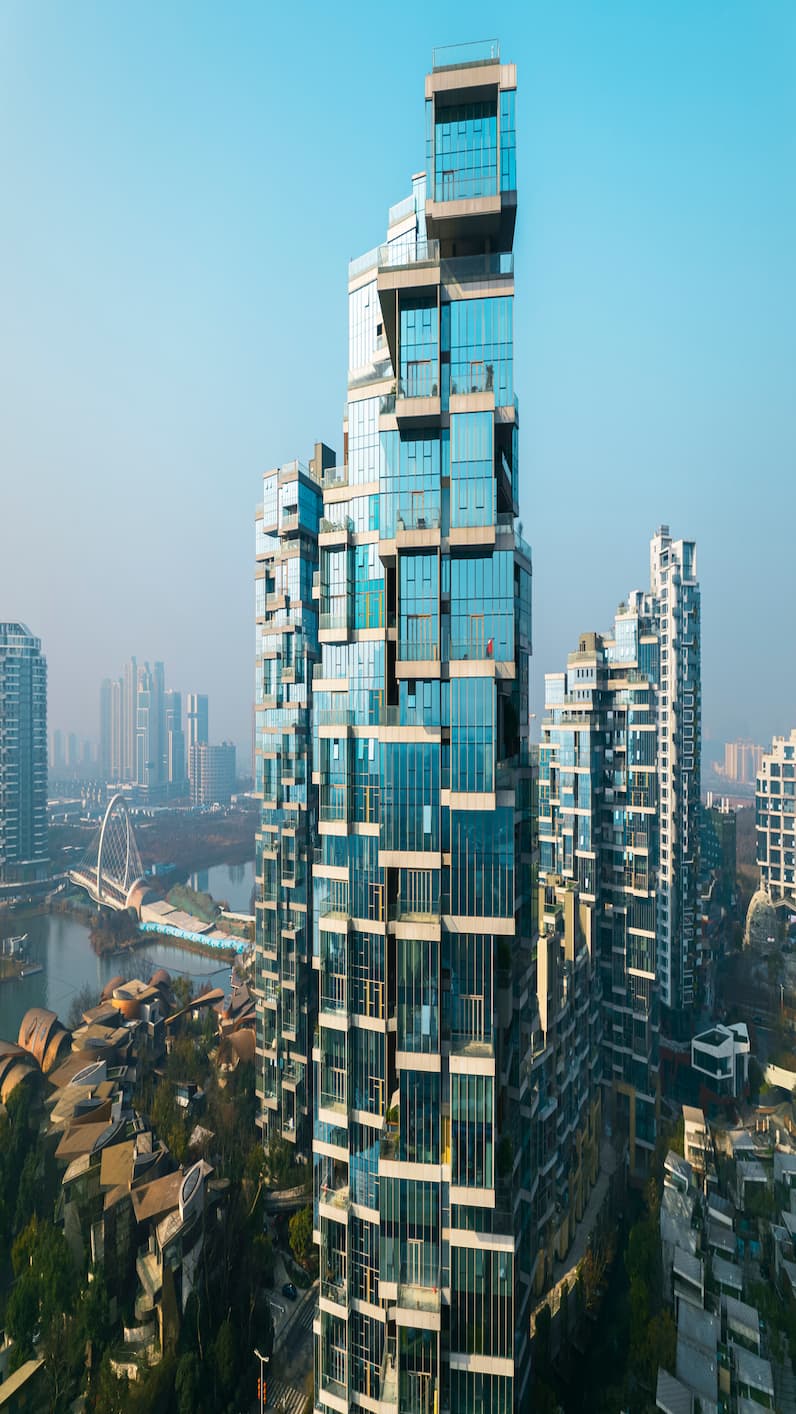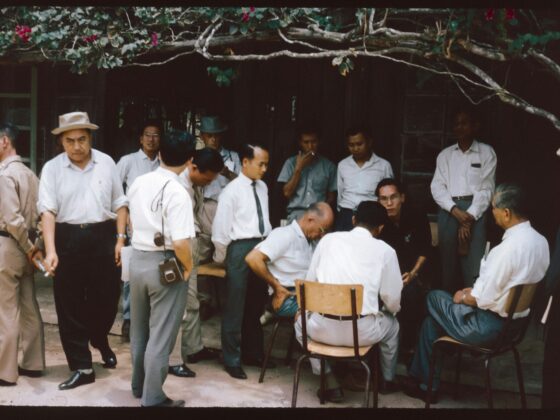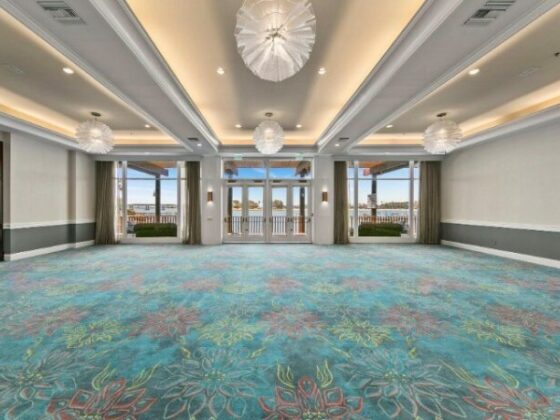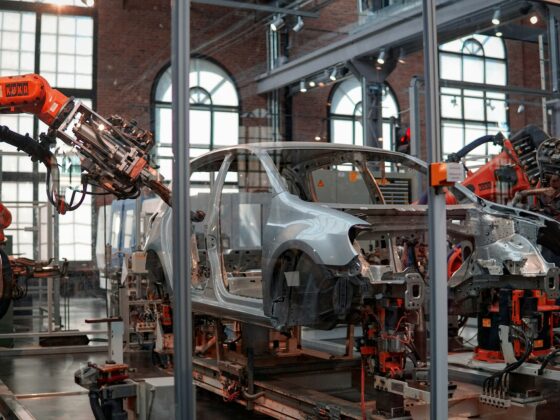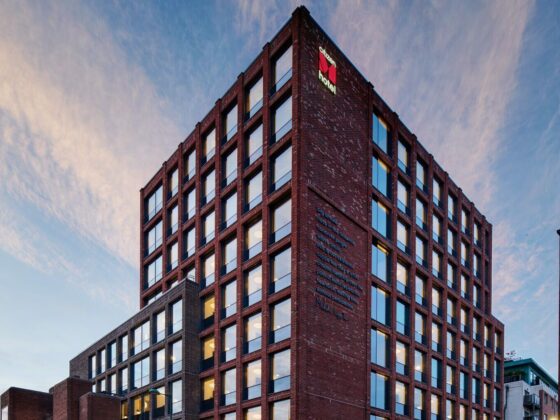
Introduction
Have you ever counted how many hours your teams spend each week copying data from one system to another, reconciling payments, or correcting reservation errors? Behind the warm welcome and seamless guest service that define hospitality, there is a less visible reality: hundreds of repetitive, time-consuming tasks that drain your staff’s energy.
I have seen this again and again, in both large international groups and smaller hotel chains. These micro-tasks may seem minor, but they add up. Apart from consuming hours of valuable time, they often lead to errors that directly impact your guest satisfaction and hotel profitability.
This is where automation comes in. But here’s the truth: you can’t jump into automation blindly. And it doesn’t have to be complex either! To succeed, you need to be prepared. In this article, I will share with you a practical checklist to ensure your hotel is ready to begin its automation journey.
Why This Matters Now
The timing has never been more critical to talk about automation. Hospitality today faces a paradox: guest expectations are higher than ever, while both financial and human resources are under constant pressure. Recruiting and retaining talent has become increasingly difficult, costs continue to rise while OTA commissions squeeze already tight margins, and even a single mishandled booking or late invoice can instantly damage a hotel’s online reputation.
That is why process automation is actually not a tech luxury, but a pragmatic response. After working with hundreds of hotels on their digital transformation, I’ve learned one crucial lesson: successful automation is not only about technology, it’s about readiness. And readiness starts with a clear, actionable checklist.
The Value of Readiness – Why a Checklist Is Essential
Many hoteliers believe automation is a complex IT project, only accessible to big chains with in-house tech departments. That’s not the case. Today, solutions exist for every type of property, from luxury resorts to smaller hotel groups and boutique city hotels.
But there’s a catch: without preparation, automation projects stall, overcomplicate, or fail to deliver positive impact. I’ve seen hotels invest in tools they never fully used, simply because they hadn’t clarified what needed automating and why.
To get the most of the checklist below, think of it as a strategic leadership tool that can help you:
- Look at your operations with fresh eyes.
- Pinpoint your true pain points.
- Prioritize the actions that will deliver the greatest impact.
The Practical Checklist
Here is the readiness checklist I recommend to every hotel director or hospitality leader before starting an automation project. It consists of four key areas.
1. Process Identification
Start with a simple observation: what tasks are repetitive, time-consuming, and error-prone in your daily operations?
As examples, I’ve seen manual OTA commission reconciliations done monthly, re-entering of accounting data between PMS, POS, and finance systems, and updating of integrated reservations or guest profiles by hand.
Start with the following to get a clear picture of what is weighing down your teams:
- List repetitive, rule-based tasks.
- Estimate frequency and time per task.
- Identify steps involving data copying or double entry.
2. Technical context
Once processes are identified, map your systems:
- List the tools that are in use (PMS, POS, CRM, payment gateways, accounting, etc.).
- How do they communicate to exchange data? API, Excel exports, or manual data entry?
- What recurring reports are still generated manually?
Every copy-paste, every manually built report, is a potential automation opportunity. I often call these “productivity leaks.”
3. Operational Insight
Next, go to the front lines and ask your staff:
- “What slows you down the most?”
- “What tasks do you sometimes skip because there isn’t enough time?”
- “What errors have recently caused guest frustration or lost revenue?”
The answers often reveal surprises. For example, in one hotel I worked with, receptionists spent over an hour each day manually reposting deposits because the process wasn’t automated. They had grown used to it, but it added up to more than 30 hours a month.
Staff feedback is essential. It reveals bottlenecks you may never see from your office.
4. Prioritization
Finally, rank your opportunities, considering:
- How much time could we save?
- How many errors could we eliminate?
- How much revenue could we protect?
Don’t try to automate everything at once. Start with one or two quick wins. That is one or two simple, clear processes that can be automated easily and will deliver visible impact quickly. This creates momentum and builds confidence for more ambitious projects.
Conclusion
As I often say, “automation doesn’t replace people, it gives them back their time”.
I hope you find this readiness checklist usable as a starting point, and that it helps you identify pain points, map your systems, listen to your teams, and prioritize your next steps.
My personal view is that automation should never be seen as a threat or a passing trend. It is a leadership tool. And it will eventually benefit your guests with a smoother, more memorable experience.
So let me leave you with this question: if you could free your team from one task tomorrow, which one would you choose?
That answer is your first step toward automation.
📘 Want to go further?
For a deeper dive into this topic, I encourage you to download The Hotelier’s Guide to Starting Your Automation Journey from RobosizeME.
About RobosizeME
RobosizeME is a leading provider of AI-enabled process automation solutions tailored to the global hotel industry. By combining digital workers with deep expertise in hotel APIs, RPA, IPA and AI development, RobosizeME streamlines reservation, finance, distribution and front office critical workflows for hospitality groups—helping them operate with greater speed, accuracy and efficiency. Backed by advanced security certifications (ISO 27001, GDPR, PCI-DSS), RobosizeME’s industry-specific automation solutions ensure the highest levels of data protection, compliance and data sovereignty. Trusted by renowned hotel companies such as Design Hotels, The Dorchester Collection, GHA, Kempinski, Loews Hotels, Louvre Hotels Group, Radisson Hotel Group, and more, RobosizeME continues to set the standard for secure, specialized automation at scale in the hospitality sector. For more information visit www.robosize.me.
Stephen Burke
Founder & CEO
Robosize ME


